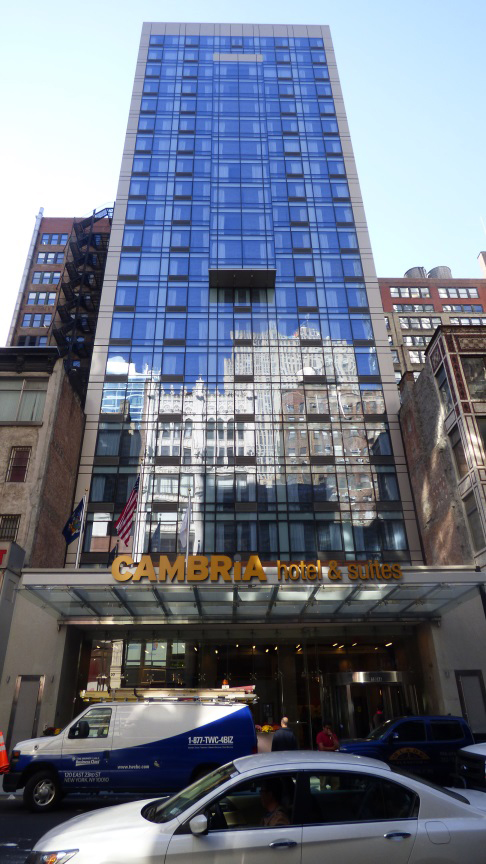News:
Green Buildings
Posted: July 30, 2012
7 purely business reasons to "green" your buildings
Making your building portfolio more "green" is not a hokey activity, but with significant, direct economic benefits. Not hypothetical, but real life benefits. Here are 7 purely business reasons to move your buildings toward being more "green."
1. The Monetary Case: The most common green building metric is fossil fuel combustion and electricity usage reduction. Given the high cost of energy, such reductions result in significant cost savings. If an energy audit reduces energy, not only is that bottom line money savings, but also the actions performed to achieve this (lighting, envelope, etc.) need not be done annually (unlike sales). Financial incentives exist to pay some upfront costs.
2. Re-Brand to Attract Renters: Many companies have internal "green" goals. A certified "green" building can attract more renters, giving you a competitive sales edge, particularly in this tight leasing market.
3. Knowledge to Your Advantage: There is greater transparency about a building's "performance" and comparison shopping. Example: N.Y.C.'s Local Law 84 enables renters to compare buildings' energy profiles.
4. Improved Infrastructure: Many green strategies result in improved reliability and longer life of building systems. Example: Replacing incandescent bulbs with CFLs or LEDs, which last much longer, reduces both heat load to your HVAC system and maintenance labor changing bulbs.
5. Improved Sales and Productivity: Case studies now show that stores and offices that undergo "green" upgrades often have improved sales and greater productivity. Green strategies, such as increased ventilation and lighting focused on merchandise, improve the shoppers' experience, leading to greater sales and reduced em-ployee sick days. Example: Kid's World store in Mount Vernon shut down for two weeks during a lighting upgrade. When it re-opened, sales grew as shoppers saw the merchandise in a new "light."
6. Regulatory Benefits: By reducing fuel or water usage or burning "cleaner" fuels, facilities will also realize added economic and environmental benefits, such as reduced storage space needs and reduced pollutant emissions, potentially resulting in reduction of complex environmental reporting.
7. Improve Your Image: However one feels about it, being "green" is a powerful positive imagemaker and can often successfully counter negative publicity. It is critical, however, that your "green" claims are real and backed up with data. Example: Toyota successfully used its hybrid Prius to counter poor publicity about product recalls.
Marc Karell, P.E., CEM, is the president of Climate Change & Environmental Services, LLC, Mamaroneck, N.Y.
CCES has the technical knowledge and real life experience to help "green" your buildings to gain the maximum financial benefits possible. See www.CCESworld.com.
Tags:
Green Buildings
MORE FROM Green Buildings
IREON Insights: DURA Architectural Signage manufactures and delivers over one million signs
Long Island City, NY Since its founding in 1955, IREON member DURA Architectural Signage has proudly manufactured and delivered more than one million signs to clients across a wide range of industries. From architectural interior signage to large-scale exterior installations, their work can be seen in corporate








.gif)

.gif)
.jpg)
.gif)